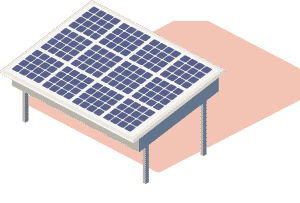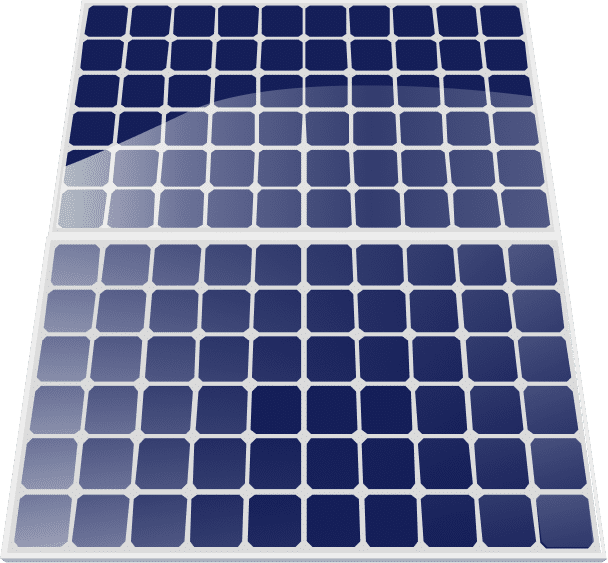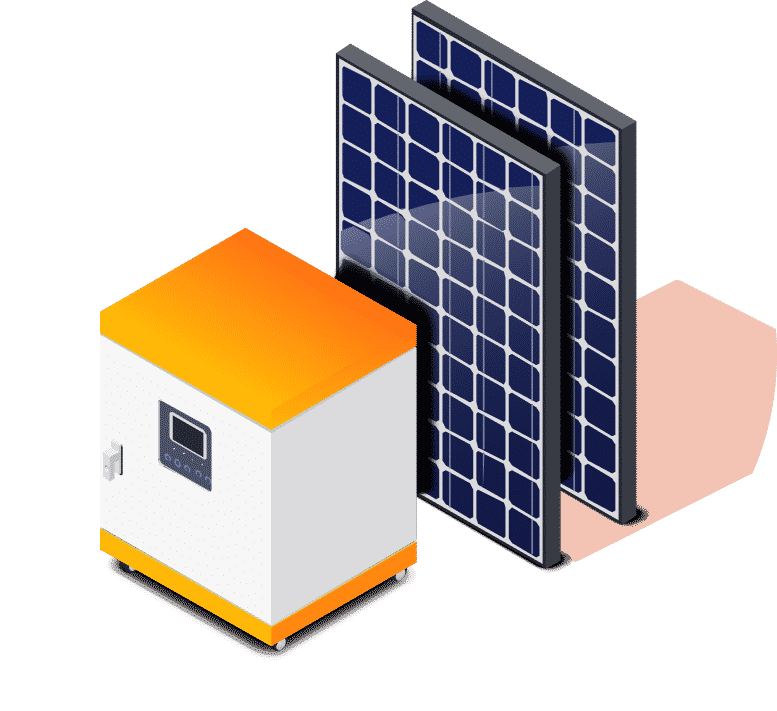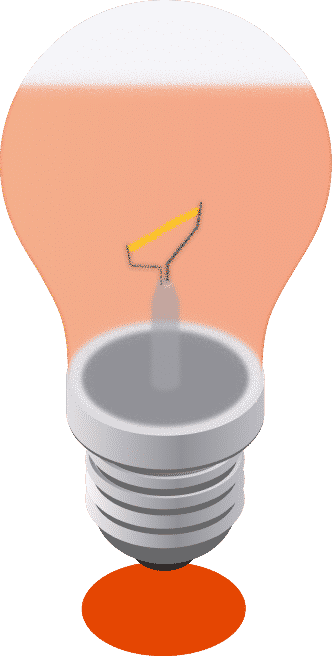How to protect your solar panels from birds

How to protect your solar panels from birds
Although bird protection measures are often seen as a means to stop birds that nest in or around your solar panel system, they’re also great ways to safeguard your investment so that they don’t go missing to animals that hunt for food, such as squirrels or coyotes.
By limiting access to food and shelter wildlife services usually work to prevent animals from human-made structures. By providing cover over the solar panel, you create an obstacle that blocks hungry animals or animals that are stuck getting close to them. An example of this are small frogs, which can grow as much as 3 inches (7.6 centimeters) long and eat smaller insects, such as termites or gnat eggs. The protection of solar panels by net fencing is an affordable way to protect your investment in solar panels.
In the event of comparing all available options, choose the second-story fence to ensure safety. The additional height will scare other birds even more.
How to protect Solar Panels from Bird Droppings
Bird droppings can cause serious health issues and can be a nuisance. The problem is that droppings of pigeons can carry more than 60 dangerous diseases. Certain pathogens may even be fatal. Droppings accumulation can be an extremely risk to health.
An investigation conducted by an organization that examines solar panels has proven that periodic inspection is crucial to protect your panels from damage or loss caused by unpredictable weather conditions. Bird droppings from the sky can also cause damage to{ the|| your} panels. Some birds’ droppings can cause corrosion and structural damage on solar panel. It is therefore suggested to purchase the bird-proofing option for your solar panels.
The cooling, heating and ventilation systems in the buildings are affected by birds fecal matter.
A lot of birds consider the top of the ridge on the solar panels a great perching spot. This results in droppings everywhere on the panel which block sunlight.
Below is a list with other ways to protect your solar panels from birds.
- Cleaning Solar Panels Solar panels can take a lot of effort to maintain due to the hot climate in the US. With no rain or the intervention of humans, dirt and debris will build up fast. Birds are known to nest in solar panels for residential use and also collect nesting materials and droppings. This is the reason why there is a problem. The accumulation of dirt and bird material over time will cause solar panels to become less efficient and result in a decrease in the solar panel’s energy. To safeguard your solar panels from bird damage, it is essential to wash them at least once a year. Two options are available: or hire a professional clean your solar panels, or you can do it yourself. This can be risky in the absence of safety equipment. We strongly recommend that you contact Shneyder Solar.
- fake Birds of Prey- This is a different method to shield solar panels for residential use from damage by birds. This is a fantastic method to scare birds. It’s also a humane and cost-effective method. The bird repellent is inexpensive and can be used to stop the birds from nesting in solar panels. This protection method should not be utilized if there are birds already nesting in your solar panels. Fake birds of Prey won’t work if there are birds already in the area. Fake birds are predators made of plastic that are simple to create and do not require batteries or electricity. Although they may be useful in deterring the nests of a few pigeons, you can use wires, spikes and mesh in order to make the technique more efficient.
- Mesh – One method to protect solar panels is to place nets around them. Because the mesh will block birds from accessing the area, this method stops them from entering. This clever solution has been created to stop birds from gaining access to your home’s solar panels. Also, it protects your investment. This is a simple method that can be easily removed to clean or for maintenance.
- Spikes - A relatively recent product that shields your home’s solar panels against birds, roof spikes are an humane way to do so. They don’t cause harm to birds, but instead serve as barriers to stop pigeons from getting into the area. Bird spikes are a top-quality solution to keep birds out. The base is built to withstand the harshest temperatures and wind speeds. Wherever you are spikes are the ideal choice. Shneyder Solar Services recommends buying spikes that are made from high-quality materials that won’t rust or change their color in time. This will let you keep your birds comfortable and allow them to flourish.
- Solar panel servicing – An effective way to avoid birds is to have your panels maintained frequently. With the right protective equipment, this is an easy task you can perform yourself. To ensure the job is done in a safe and efficient manner, we recommend hiring a professional cleaning crew by Shneyder Solar. A solar panel installation service kit is available that includes biodegradable soap, cleaner, and a brush. Mix the soap with a bucket of warm water. You will then need to wash the solar panels gently rubbing it with water. It is recommended not to go up on the roof. Instead, you should use a long pole to clean them. This allows you to remain on the ground and is healthy for your health and safety. You can use an hosepipe for cleaning any dirt that has accumulated. This will make it easier to keep your solar panel on a maintenance schedule. It is crucial to keep in mind that you should not use any harsh materials for cleaning your residential panels. You may endanger the investment using materials that are rough. In the long-term the materials could be damaged and require to be replaced.
Bird Proofing Solar Panels
There are numerous methods of bird proofing solar panels. Many traditional methods use netting or mesh as physical barriers. Even though anti bird spikes are frequently used, birds will still find a way around them if they aren’t properly installed and maintained.
Important to remember that every species is protected under the Wildlife and Countryside Act 1981 and the Wildlife (Northern Ireland) Order 1986. Intentionally injuring or killing the gull or causing damage to an active nest or its contents is considered to be illegal. It is unlawful to do so in Scotland and Northern Ireland to stop birds from entering their nests and it is also illegal to disturb nesting birds.


How to protect your home from solar panels damaged wiring
When it’s time to install solar panels you’ll want to ensure they’re safe for birds. Otherwise, they can become prey for birds or be injured from other wildlife.
There are two different types that solar panels can be protected by methods that can be used when setting up solar panels.
Protect your investment
If you are investing time or money into solar panel systems it is important to ensure that you are protecting your solar panels against birds.
Birds can be extremely damaging to solar panels. In certain instances, they are known to dig their way into the soil near the panel seeking out other creatures. By installing bird nets that they can be kept from the grid as well as the utility line that runs along the lower part of the panel which is a source of electric current.
Bird netting is also a good option when you have a large group of people operating around the solar array performing different jobs. It provides a space where they don’t need to be concerned about coming into contact with each other or being stuck in traffic somewhere.
It also assists in preventing conflicts between the two. But, just because you have many more people does not mean you’re in less control of what they do. With increased personnel comes decreased productivity.
Netting can solve the issue of keeping birds away but is not able to solve the problem of keeping animals from the area. Because of this, some recommend that you combine bird netting with animal deterrents like droppings of bird urine scent tapes, swatters and scent tapes.
They help protect solar panels better than humans , but cost more. Tape and other chemicals from most hunting supplies stores.

Cost of bird damage How to install solar panels bird netting
Depending upon your location, the installation process for solar panel netting may be anywhere from simple to complex. There are two{ basic|| primary} methods that you can employ to attach the panels to the frame of the net enclosure; you can use bolts or you can employ clamps.
The kind of fence that will best serve your purposes is determined by various aspects, including the type of fence you’ll require and the amount of damage that can be from birds on your current fencing.
While most electric fences have some sort of spot control capability, there are also special features available for certain applications. These include specific timed shock settings that ensure that animals are kept in a separate area from each other, to the ability to lock out certain areas of your property.
Installation shouldn’t take more than an hour or so in comparison to the general maintenance of the electric fence. That way, you don’t take forever to install new panels after which they come together again to talk about how to set up a different group of nets.
Nowadays, it’s simple to find affordable LED light sources that look identical the incandescent bulb. You can purchase almost every kind of light source as an outdoor light fixture.
Think about keeping the main structures of your yard bare so all you have to do{ during installation|| to install it} is to place the netting on the top, and then secure it{ in place|| to the ground} by using clips. This makes cutting back unwanted lines of vegetation much more straightforward.
Solar Panel Bird Mesh
This solar bird cage is an excellent way to deter birds from settling on your solar panels. The mesh is made from tough, UV-resistant polypropylene and is made to fit perfectly around the solar panels. It’s also transparent and won’t block the sunlight from reaching the solar cells. Solar panel mesh for bird protection is easy to set up and is an excellent way to keep your solar panels clean as well as free from bird droppings.
GET YOUR FREE PROPOSAL IN A FEW EASY STEPS
Fill out the form and our sales consultant will contact you! Once you’ve had your initial consultation, you’ll begin your solar journey.
